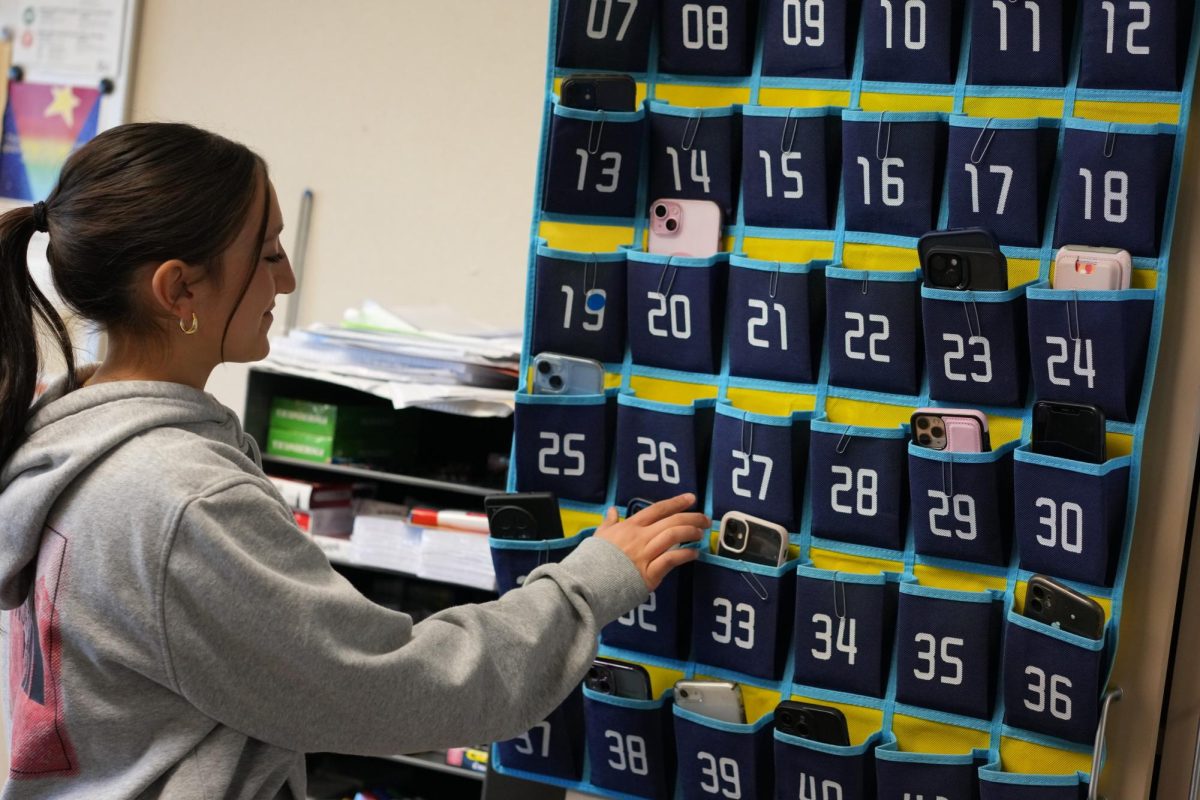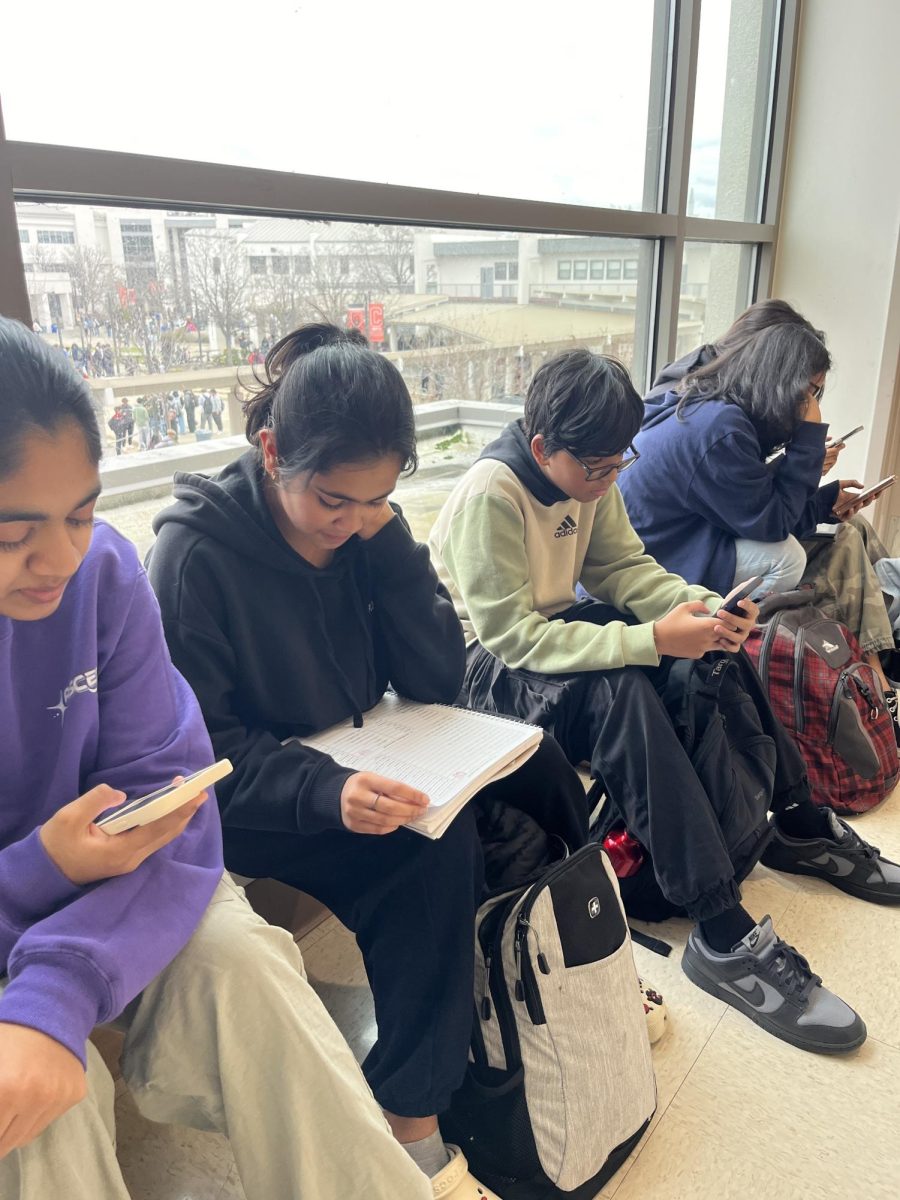by Joshua Gu, staff writer
As Cal High becomes an increasingly competitive environment, it is not uncommon for parents to put students under pressure to encourage better academic, athletic, and social performance.
But these demands can sometimes be unnecessary and even detrimental. Parental pressure can create additional stress for students and strain the relationship with their parents.
“I think parental pressure can be both negative and positive,” said psychology teacher Brandon Quick. “Sometimes there’s just too much pressure, in general, on a single assessment like an AP or final exam, so parental pressure can be too much. Students should focus on what they learn rather than a single score.”
Many students realize that success in high school is a large factor of success in college. Because of this, most students are already driven to take AP and honors classes to better prepare themselves for the future.
“The other counselors and I have noticed that a lot of students have begun pressuring themselves into taking hard classes instead of parents pushing their children into taking these courses,” said counselor Bev Hall.
Junior Victoria Chin is an example of a student who pushes herself to do well rather than relying on her parents.
“My parents have expectations for me,” said Chin. “But the expectations that I place on myself are higher, so it’s more convenient and easy to push myself.”
Sometimes when parents force their children to do certain things, it is because of a need to vicariously fulfill their needs through their children, according to pta.org, the Parent Teacher Association website.
A child can be overwhelmed if the expectations are too great and the parents are too emotionally invested.
Although not common, it is not unheard of for parents to push their children into participating in sports or difficult academic programs without considering their children’s interests.
“Sometimes my parents will enroll me in things I don’t want to join,” said junior Lena Koussa. “For example, my mom has made me take a dance class that I didn’t want to take.”
Sophomore Norvin Louie has had a similar experience.
“At times I’ve wanted to quit piano classes, but I have to take them until senior year,” said Louie. “Recitals and performances often stress me out because I’m swamped with so much other work and I have trouble finding enough time to work on it.”
Parental pressure can also cause strain in the relationship between parents and children.
When students are exorbitantly praised for receiving good grades or an award, they can conversely be afraid to tell their parents when they’re struggling in their athletic and academic endeavors.
“When I don’t do well in sports or classes my parents get mad at me,” said Koussa. “And when they’re mad at me, I can’t really do anything and I get really stressed.”
Parental pressure also has its benefits. Through moderate encouragement parents can help their children accomplish and reach their expectations without jeopardizing the well being of their children.
“Occasionally when I become complacent about my grades or school work my parents will help guide me back to keep doing well,” said Chin. “A lot of the academic success that I have can be contributed to the occasional nudge my parents give me.”
Sophomore Richard Um also thinks that parent involvement can be beneficial.
“My parents are similar to a coach in the sense that they are pushing me to the limits and even though I might be uncomfortable the pressure helps a lot,” said Um. “They’re pushing me so that I can have a good future, which is something I want as well.”
Another beneficial aspect of parent involvement is introducing children to programs that can spark their interest in a certain field.
This can be through the admittance into an internship, activity, or job that can positively reinforce the values that parents are trying to instill in their children.
“My parents introduced me to soccer,” said Koussa. “In the beginning I didn’t want to join but once I started, I discovered that I enjoyed playing it.”
Although in certain cases excessive parental pressure is bad, moderate parental encouragement is recommended, according to pta.org.
“I think parents should have high expectations, but not too high,” said Quick. “They should accept the results their children receive rather than punish them. Not meeting their goal is kind of a punishment for the student in itself.”





